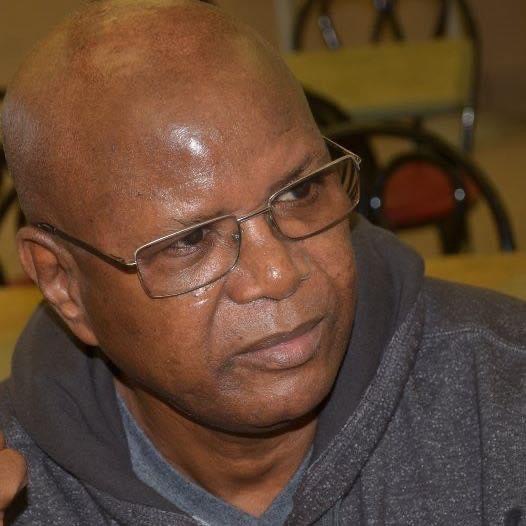Opinion: Gambians Welcome New Cabinet, But…..

By D. A. Jawo
President Adama Barrow has finally appointed and sworn-in his long anticipated cabinet and the reaction had to a large extent been positive. With the exception of Hamat Bah and Musa Drammeh, whose inclusion in the new cabinet was a foregone conclusion, in view of them being very close confidants of President Barrow, most of the other appointments were never taken for granted. However, the biggest surprise was the appointment of Badara Joof, former Minister of Higher Education as Vice President.
While most people seem to agree that Badara was the right choice as he is quite calm and composed and looks like a good material for Vice President, but as government is a collective responsibility, his performance would depend to a large extent on the cooperation he would receive from President Barrow as head of state as well as his other colleagues in government.
Generally, many people welcome the new cabinet because it comprises more of technocrats than politicians and there is high anticipation that they would deliver rather spending most of their time playing politics.
However, one surprise appointment was that of Demba Sabally as agriculture minister. It is quite hard to see the rationale of having someone with zero credentials in agriculture to occupy such an important ministry. While some people are saying that a cabinet minister does not necessarily need to be an expert on his/her portfolio as he/she would depend on the technical experts to guide him/her, citing the First Republic when President Jawara used to appoint non-technocrats as ministers, but we are living in a completely different era. It is extremely important now for a cabinet minister to have a good grasp of his/her area of responsibility in order to function better in it. While the technical experts are there to guide the minister, but he/she is not supposed to be a complete novice in his/her portfolio as there are places and occasions such as during cabinet meetings when the technical experts are not usually present and the minister is expected to speak and defend his/her policies and programmes. Therefore if he/she is not quite familiar with his/her area of responsibility, then it would be hard to see how he/she can make a good case in cabinet.
Of course it is quite obvious that Demba Sabally’s appointment was just to compensate him for the great role he played in helping to neutralize the Gambia Democratic Congress (GDC), his former party, which no doubt helped President Barrow in his re-election. However, agriculture being such an important pillar of our economy should never have been given to a rookie as political compensation. In fact many people were of the view that the former Minister, Amie Fabureh was not only an experienced agriculturist, but she was doing quite well and there was absolutely no need to replace her with someone who knows virtually nothing about agriculture.
While most people also welcome the creation of a ministry in charge of Public Service, Administrative Reforms, Policy Coordination and Delivery, seeing it as long over-due to tackle the wanton indiscipline within the public service, but many people have expressed some genuine concerns. With the creation of the position of Chief of Staff, Office of the President, in addition to the Secretary General and Head of the Civil Service, both of whom are also cabinet members, there seems to be some element of duplication between the responsibilities of those two positions and that of the new Minister of Public Service. Therefore, unless there is a proper delineation of roles and responsibilities, there is a high possibility of the different actors stepping on each other’s toes, which could end up causing more confusion than reforms of the public service.
However, one disappointing aspect of the new cabinet is its gender composition, or rather its poor women’s representation. President Barrow has definitely not been fair to Gambian women who played a very big role in his re-election. Instead of enhancing their positions vis-a-vis their roles in governance and decision making, he has down-graded them. We saw that in his last administration, women were the number two and three personalities of the state (Vice President and Speaker), but this time round, they have not only lost both positions but they have been relegated to positions of virtual insignificance as far as governance is concerned. There is certainly no shortage of competent women to fill virtually all positions in government but he simply chose to deliberately give preference to men over the women.
Logic demands that he would not only maintain at least one woman in one of the top leadership positions that they held in the last government, but that he would increase the number of women in the cabinet, but instead, he even reduced the number to only three. It is therefore quite clear that President Barrow has shown a complete lack of political will to mainstream gender in his administration. In fact it would not be surprising if he decides to replace the only woman regional governor whom he had appointed as minister, with a man, thus denying the women another leadership position.


Comments are closed.